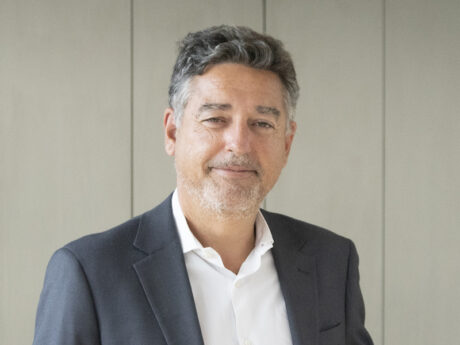Atlas Copco supports the Sustainable Development Goals defined by the Agenda 2030 and achieves the first tangible results: 28% reduction of CO2 emissions in energy consumption.
Everybody can see the commitment of people and of the industrial world to sustainability and the role of the seventeen SDGs – Sustainable Development Goals (SDGs) – defined by the Agenda 2030 which shows how to reach a better world from both a social and an environmental point of view.

The term sustainability, in fact, includes both social inclusion and environmental protection, in respect of economic growth. That’s the Green Economy, which provides a development model according to which productive activities are evaluated not only on the basis of economic parameters, but also considering the reduction of carbon emissions and pollution, and the protection of human resources. The key, therefore, is to combine economic growth, environmental and social sustainability.
Companies play a fundamental role
In this situation, companies have a fundamental role: they can show the path to sustainability through actions that contribute both to social and environmental well-being. From the social point of view, the need is to develop ethical actions, and for environmental well-being, companies should invest to develop innovative technological solutions able to reduce CO2 emissions, optimizing internal processes and reducing waste.
Atlas Copco’s contribution
Atlas Copco has been investing for several years in providing solutions for sustainable productivity and supports the seventeen Sustainable Development Goals (SDGs). Furthermore, it contributes to seven of these through concrete actions and specific targets to be achieved in the following areas: people, ethics, product and services, safety and well-being, environment.
For example, the company has set itself the goal of reaching 30% of female staff by 2030 (SDG 5 gender equality) and, with reference to the environment (SDG 12 responsible consumption and production and SDG 7 affordable and clean energy) will reach the following milestones within a few years:
- reduction of waste production and water consumption in relation to cost of sales,
- 50% reduction of CO2 emissions in operating activities and transport in relation to cost of sales by 2030.
- 100% reduction in carbon emissions in new product projects and new products by 2021
Very interesting is Atlas Copco’s contribution to SDG 6, clean water and sanitation, to which it contributes with a reduction in water consumption in relation to cost of sales, as well as with the initiative Water for All. It is a nonprofit organization, founded and supported by Atlas Copco’s employees and Atlas Copco Group’s companies, which finances projects, mainly in Africa, to give people in need access to clean drinking water and improved facilities for sanitation and hygiene.
That’s not all, we can’t forget:
- SDG 8 decent work and economic growth which includes the company’s attention to ergonomic design of products to safeguard the well-being of those who use them in their daily work.
- SDG 9 Industry innovation and infrastructure regarding to which Atlas Copco continuously innovates and improves the energy efficiency of products to reduce customers’ CO2
- SDG 16 peace, justice and strong institutions which for the company translates into zero tolerance for corruption throughout the value chain.
[su_box title=”The opinion of Juan Manuel Tejera Martinez “]

With specific reference to the commitment on SDG 12, Juan Manuel Tejera Martinez, General Manager Atlas Copco Italy, says:
«During 2020 the Group made great progress in achieving our goal for reducing emissions of CO2 from energy in operations and transport of goods in relation to cost of sales. Compared with 2019, the Group managed to achieve a reduction of 12% and compared with the base year 2018, the reduction was 28%» [/su_box]
Read more: www.atlascopco.com/green-economy



